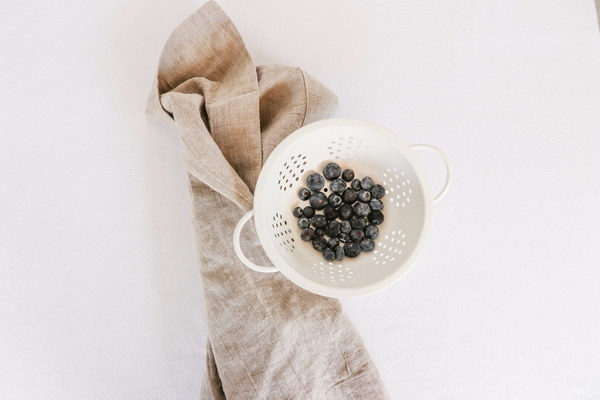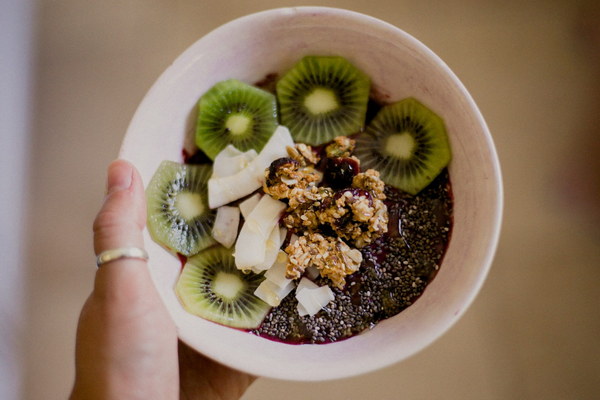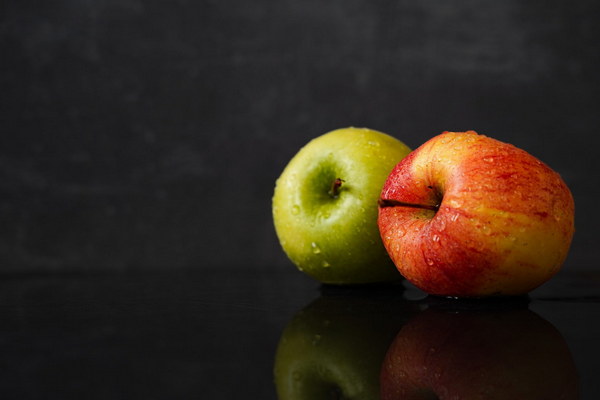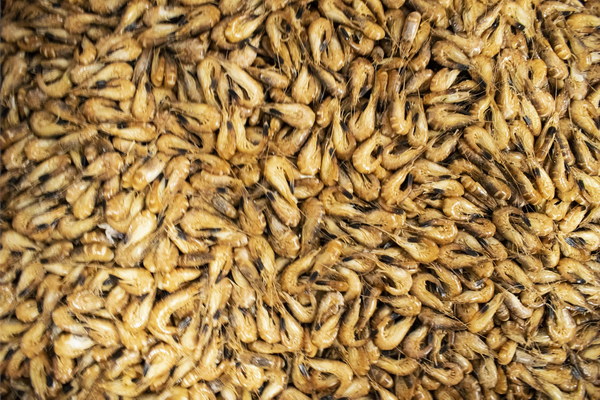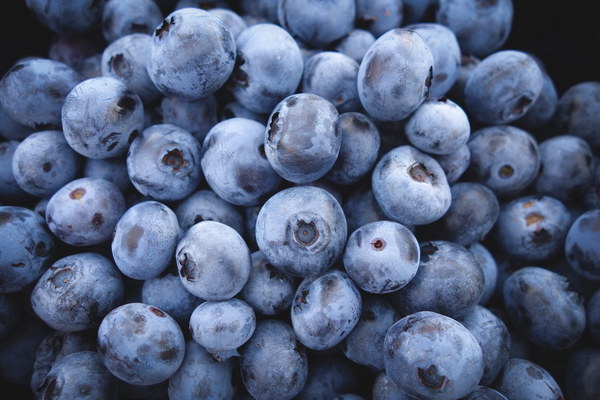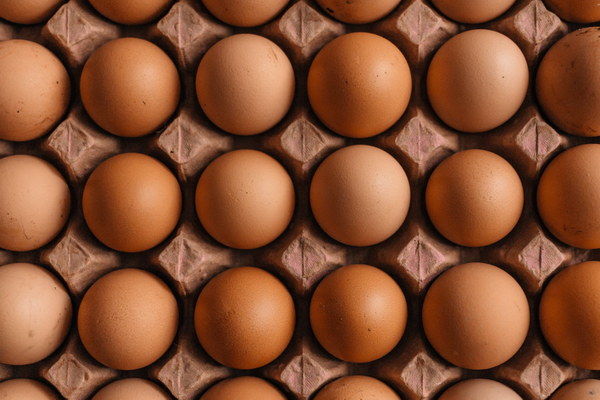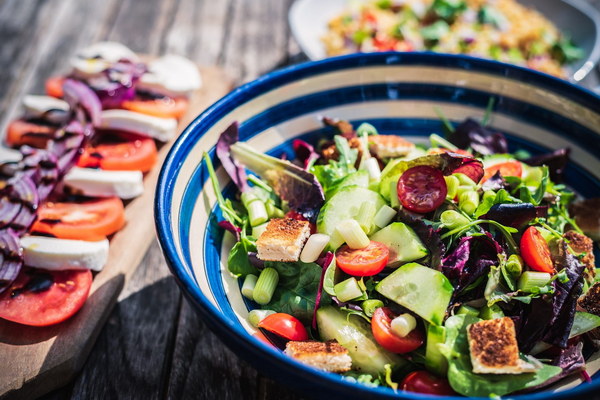Natural Remedies for Kidney and Spleen Deficiency in Children A Nutritional Guide for Healthy Eating
Introduction:
Kidney and spleen deficiency are common health issues in children, often leading to weakness, poor appetite, and slow growth. While medication can be prescribed by healthcare professionals, natural remedies such as dietary adjustments can also be effective. This article provides a comprehensive guide on how to incorporate kidney and spleen-boosting foods into a child's diet to promote overall health and well-being.
1. Understanding Kidney and Spleen Deficiency:
Kidney and spleen are vital organs in the body, responsible for various functions such as immune system support, blood production, and energy regulation. Deficiency in these organs can result from poor nutrition, stress, or genetic factors. Symptoms of kidney and spleen deficiency in children include fatigue, poor appetite, loose stools, and slow growth.
2. Nutritional Tips for Kidney and Spleen Deficiency:
a. Balanced Diet: Ensure a well-balanced diet that includes a variety of fruits, vegetables, whole grains, lean proteins, and healthy fats. This will provide essential nutrients to support the kidney and spleen functions.
b. Avoid Cold and Raw Foods: Cold and raw foods can exacerbate kidney and spleen deficiency. It is advisable to serve warm, cooked meals to keep the body warm and support organ functions.
c. Increase Kidney-Spleen-Building Foods: Incorporate kidney-spleen-boosting foods into the child's diet to enhance their functions. Some of these foods include:
- Millet: Known for its warming properties, millet is a great option for children with kidney and spleen deficiency. It can be prepared in various forms, such as porridge or as a side dish.

- Goji Berries: These berries are rich in antioxidants and have been used in traditional Chinese medicine to support kidney and spleen functions. They can be added to smoothies, oatmeal, or yogurt.
- Squash: Squash, such as pumpkin and butternut, is a nutritious vegetable that can be steamed or roasted. It is easy to digest and provides essential nutrients for kidney and spleen health.
- Quinoa: This gluten-free grain is rich in protein and fiber, making it an excellent option for children with kidney and spleen deficiency. Quinoa can be used as a base for salads or served as a side dish.
- Sweet Potatoes: Sweet potatoes are a nutritious and sweet option for children with kidney and spleen deficiency. They can be baked, mashed, or roasted and provide beta-carotene, vitamins, and minerals.
3. Healthy Snacks and Beverages:
a. Carrot Sticks and Hummus: Carrots are rich in vitamin A and beta-carotene, which are beneficial for kidney and spleen health. Serve with hummus, a healthy dip made from chickpeas and tahini.
b. Apple Slices with Almond Butter: Apples are a nutritious fruit that can be paired with almond butter, a healthy fat source. This snack provides energy and supports the immune system.
c. Ginger Tea: Ginger has anti-inflammatory properties and can help improve digestion. Brew a ginger tea with honey and serve warm to support kidney and spleen functions.
4. Importance of Regular Meals and Hydration:
Ensure that children with kidney and spleen deficiency have regular meals and stay hydrated throughout the day. This will help maintain their energy levels and support overall health.
Conclusion:
Incorporating kidney and spleen-boosting foods into a child's diet can significantly improve their health and well-being. By following the nutritional tips provided in this article, parents and caregivers can support their child's kidney and spleen functions and promote a healthy lifestyle. Remember to consult with a healthcare professional before making any significant dietary changes for your child.
